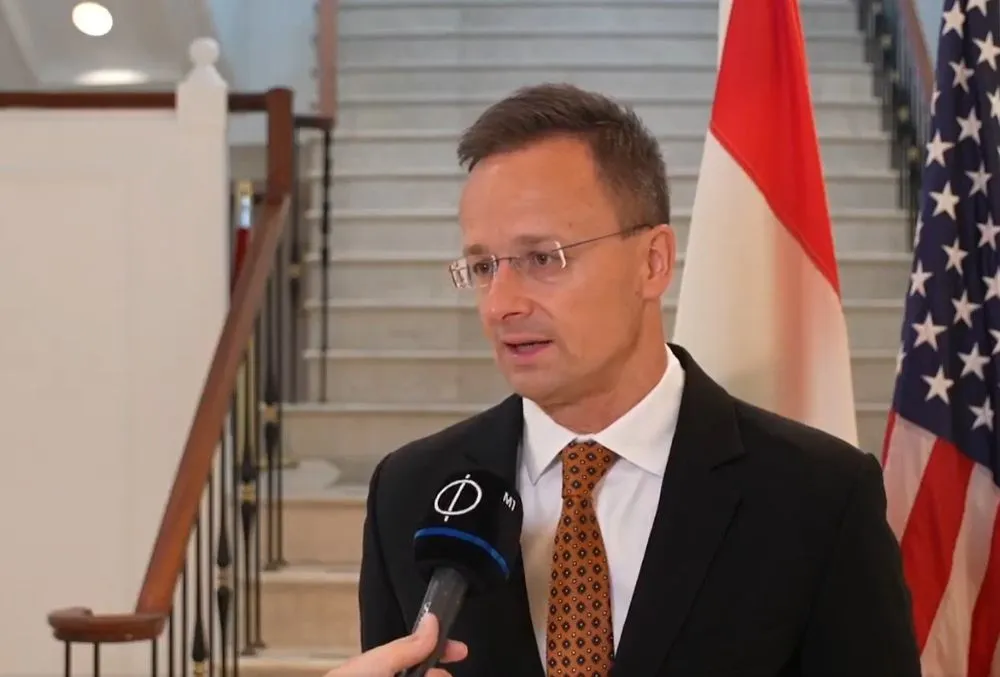Politics
Politics in Hungary – the latest domestic and foreign policy news, government policies, opposition updates and EU affairs in one place.

Government of Hungary sends Ukraine warning letters using state channels

Historic: Hungarian Socialists to sit out 2026 election and back strongest opposition challengers

Investigative journalists claim Hungary’s government mandated sell-off of Budapest land could begin soon

Trump throws full weight behind Orbán: “He’s doing an incredible job”





 ZH
ZH IT
IT DE
DE HR
HR NL
NL FR
FR JA
JA RO
RO RU
RU ES
ES TR
TR















